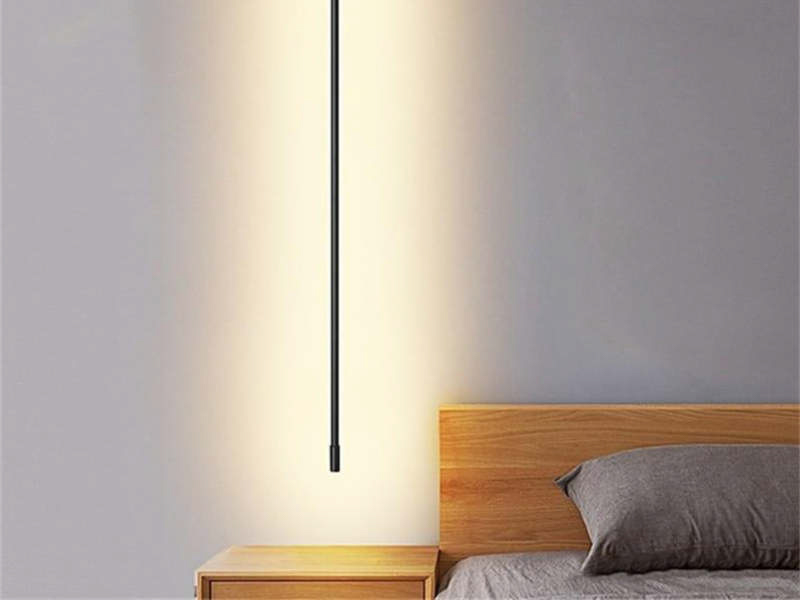Introduction
The world is evolving with new and innovative technologies every day. And out of these inventions, LED technology has become one of the most impactful on the market. Unlike traditional incandescent bulbs, LED lights use semiconductor chips to produce light, making them much more energy-efficient and long-lasting. These advancements have revolutionized the lighting industry, especially in the interior design sector, where LED ceiling lighting has gained tremendous popularity due to its incredible illumination power and energy savings.
Advantages of LED Ceiling Lighting
LED ceiling lighting offers numerous benefits over traditional lighting options, including:
Energy Efficiency
LEDs use up to 90% less energy than traditional lighting fixtures, making them an ideal choice for those looking to reduce their carbon footprint and save on energy bills. Also, as LED ceiling lights emit less heat, this further reduces energy costs by reducing cooling loads on air conditioning systems.
Longevity
LEDs have an impressive lifespan compared to traditional lighting because they don’t burn out; rather, they gradually deteriorate over time. Depending on usage and quality, an LED ceiling light can last up to 25 years or more, further reducing the replacement costs that can quickly add up with traditional lighting.
Design Flexibility
LED ceiling lighting offers endless choices when it comes to design and style. The flexible LED strips create a wide array of possibilities for customization with sizes, colors, and even smart controls. This means that LED ceiling lights can easily adapt to fit any room’s mood or interior design.
Bright Illumination
LED ceiling lighting provides a bright and uniform distribution of light, eliminating shadows and poorly lit corners. This enhances the aesthetic of the room and creates a brighter, more inviting ambiance.
Environmentally Friendly
LEDs have no toxic materials, are recyclable, and emit no harmful radiation or ultraviolet light, making them highly environmentally friendly. LED ceiling lighting also reduces carbon emissions due to its energy-saving capabilities.
Types of LED Ceiling Lighting
There are several types of LED ceiling lighting available, including:
Recessed or Downlights
These are the most popular type of LED ceiling lights, installed directly into the ceiling and designed to emit a wide and consistent beam of light. Often used in common areas, such as hallways or living rooms.
Surface Mounted Lighting
Unlike downlights, surface-mounted LED ceiling lights attach to the ceiling surface, resulting in more significant illumination coverage. Ideal for larger rooms or those needing extra brightness.
Pendant Lighting
Pendant lighting is suspended from the ceiling, providing focused and targeted lighting. Ideal for workstations, lounges, or dining rooms that require attention to detail.
Track Lighting
Track lighting comprises of several individual lights that can be adjusted and moved on a track, enhancing the room’s ambiance and highlighting focal points in the space.



